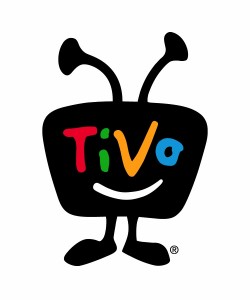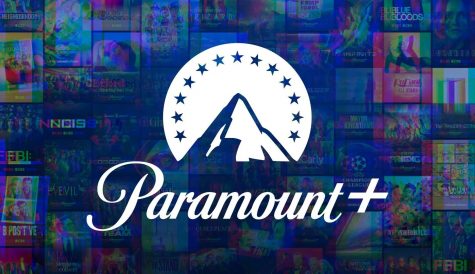
After more than 40 years of operation, DTVE is closing its doors and our website will no longer be updated daily. Thank you for all of your support.
TiVo and Verizon settle litigation
 DVR technology company TiVo has settled its patent litigation with Verizon Communications and the companies have entered into a mutual patent licensing arrangement.
DVR technology company TiVo has settled its patent litigation with Verizon Communications and the companies have entered into a mutual patent licensing arrangement.
Under the terms of the settlement, Verizon will pay TiVo compensation to the tune of US$250.4 million (€193 million), comprising of a US$100 million initial cash payment followed by recurring quarterly payments totalling an additional US$150.4 million until July 2018. Verizon will also pay monthly licence fees through for each Verizon DVR subscriber in excess of certain pre-determined levels.
TiVo said it was exploring future distribution of internet video services developed through Verizon’s joint venture with Redbox by making content distributed via that service part of the selection of linear and broadband-delivered content accessible to users of TiVo’s retail DVR products.
This is the latest in a series of patent infringement cases brought about by TiVo in the US. In January, telco AT&T agreed to settle a patent dispute, paying about US$215 million to the TV technology specialist. This followed an agreement by EchoStar to settle a similar patent infringement by paying US$500 million to TiVo.
“We are pleased to reach an agreement with Verizon which underscores the significant value our distribution partners derive from TiVo’s technological innovations and our shareholders derive from our investments in protecting TiVo’s intellectual property,” said Tom Rogers, CEO and president of TiVo. “We also look forward to working together on a variety of future opportunities as we continue to expand the content choices available to TiVo subscribers. As with prior settlements, we also benefit by being able to operate our business under license from Verizon and by avoiding future legal expenses that we would have incurred during and after trial. Furthermore, we believe this settlement positions us well with respect to future enforceability of our patents.”


